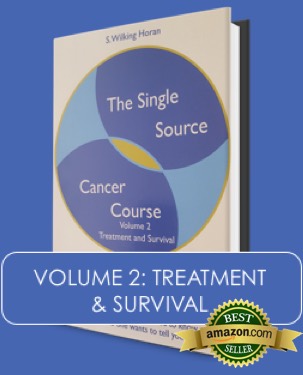 HOPE IN A TETANUS SHOT
HOPE IN A TETANUS SHOT
Hello Everyone! It’s the end of another week and, once again, Cancer is in the news as it affects one of America’s long-time Public Servants. So, on this #FACTUAL FRIDAY I want to re-publish one of my Blogs from 2015. It’s all about BRAIN CANCER — and in particular, GLIOBLASTOMA — a specific type of brain cancer. This is a difficult cancer to treat and I lost a good friend to this cancer two years ago. But, in the last few years terrific advances have been made in the treatment of this cancer — and there is new hope for those affected by this disease. HOPE is a wondrous thing and INFORMATION is key to survival. So, let’s dip into the Archives and bring up Susan’s Blog from April 10, 2015:
***************************************************************************************************
Thanks everyone for joining me again on another #FACTUAL FRIDAY! Now, those of you who know me, know I really get excited about new developments on the science front and breakthroughs in cancer research. And, I’ve got a great one for you today!
To begin, one of the most aggressive and common cancers affecting individuals today is known as glioblastoma. This is a brain tumor that to date has been very difficult to treat and overcome. Many patients diagnosed with this type of cancer are not expected to live more than a year or two after receiving their diagnosis. And, this is a topic close to my heart as a long-time friend of mine was diagnosed with this disease a year ago this month.
A recent study, however, promises new hope for treating this disease — and it comes in the form of a tetanus shot!! Now, most of us know that tetanus, also known as lockjaw, is an infection characterized by muscle spasms — the most common of which begin in the jaw. This infection is caused by clostridium tetani – a bacteria that enters the body through a wound or cut in the skin. Fortunately, vaccines for tetanus are commonplace and routinely recommended for both children and adults.
In this ground-breaking study, patients with glioblastoma underwent the typical treatments of surgery, radiation and chemotherapy — AND THEN received an ordinary tetanus-diphtheria shot. Simply put, this strategy known as a dendritic-cell vaccine — teams the tetanus shot with the patient’s own blood cells to super-charge the body’s immune system. The results were clearly positive, especially for patients who received a second mini-dose of tetanus vaccine. Indeed, four survived two years, one survived five years, one survived six years — and another is now approaching nine years. And, this is for a cancer for which the survival rate can be less than one year. Fantastic!
Of course, these results need to be substantiated by additional studies and research. But for now, let’s offer a hearty CONGRATULATIONS to all who initiated and participated in this significant accomplishment!! And this post — dear Bob — is for you!!
Thanks again for looking in everyone. Until next time, stay in GOOD HEALTH and . . .



Leave a Comment